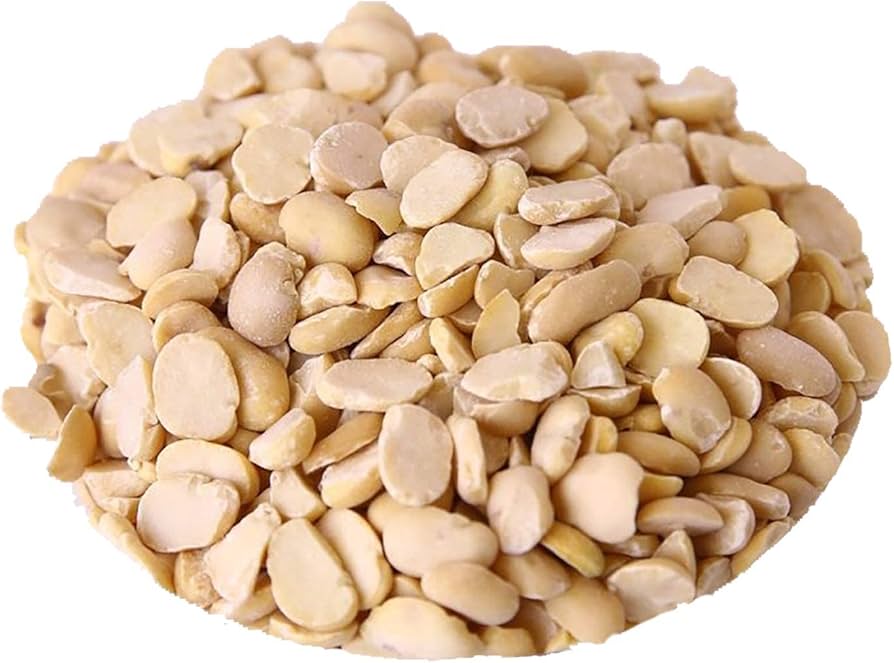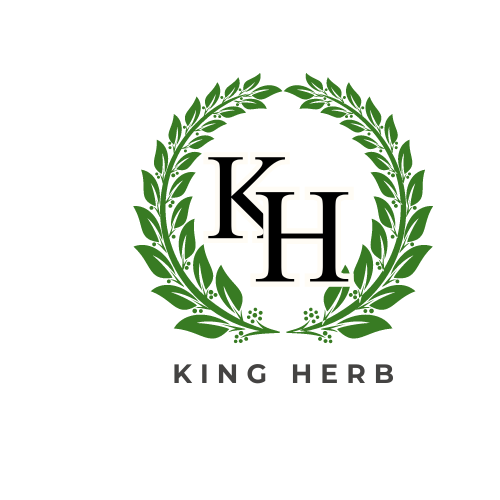الفول المدشوش Crushed beans
Crushed fava beans, also known as “fool mdashoosh,” are a popular food in many Arab countries. They are made from fava beans that have been ground or crushed, which gives them a soft texture and distinctive flavor. Crushed fava beans are a nutritious dish containing many important nutrients, and they are used in preparing several traditional recipes. In this article, we will explore crushed fava beans, their health benefits, and their various uses in Arab cuisine.
Crushed Fava Beans:
Preparation and Nutritional Value
Crushed fava beans are made by grinding or crushing fava beans into small pieces, which makes cooking easier and allows them to be used in a variety of recipes. Crushed fava beans are rich in several essential nutrients, such as:
Proteins: Crushed fava beans are an excellent plant-based source of protein, which helps in building tissues and improving muscle growth.
Dietary Fiber: They are a good source of fiber, which aids in digestion and regulates bowel movements, helping to prevent constipation.
Vitamins and Minerals: Crushed fava beans contain a variety of essential vitamins and minerals, such as B vitamins, iron, and magnesium, which contribute to blood, bone, and nervous system health.
Carbohydrates: Crushed fava beans are rich in complex carbohydrates, providing long-lasting energy to the body and helping to regulate blood sugar levels.
Benefits:
Crushed fava beans offer several health benefits that make them an ideal food for the body. Some of the main benefits include:
Supporting Heart Health: Crushed fava beans contain fiber and proteins that help reduce bad cholesterol (LDL) levels in the blood, contributing to heart health and lowering the risk of heart disease.
Improving Digestion: Thanks to their high fiber content, crushed fava beans help enhance digestion and improve bowel movements, preventing digestive issues such as constipation and bloating.
Preventing Anemia: Crushed fava beans are a good source of iron, which helps improve the production of red blood cells, reducing the risk of anemia.
Regulating Blood Sugar Levels: Crushed fava beans contain complex carbohydrates that are absorbed slowly, helping to prevent blood sugar spikes and improve the body’s insulin response.
Uses:
Crushed fava beans are a staple ingredient in Arab cuisine, where they are used to prepare many traditional dishes with distinctive flavors. Some of the most common uses include:
Fool Medames (Crushed Fava Beans with Oil and Lemon): This is one of the easiest and most delicious dishes made with crushed fava beans, where they are mixed with olive oil, lemon juice, and spices.
Crushed Fava Beans with Tomatoes: Crushed fava beans can be combined with tomatoes, onions, and spices to create a flavorful and nutritious dish. This recipe is common in many Arab countries.
Fava Bean Soup: Crushed fava beans are often used in preparing traditional soups, where they are added to vegetable broths to make a rich, nutritious meal.
Falafel (or Ta’ameya): Crushed fava beans are one of the main ingredients used to make falafel, also known as ta’ameya, which are deep-fried balls made with fava beans and herbs. This dish is very popular in the Arab world.
Crushed Fava Beans in Agriculture and the Economy
Crushed fava beans are made from fava beans, which are grown in many agricultural regions across the Arab world. Fava beans are an economically valuable crop as they are used for human consumption and as animal feed. Crushed fava beans are a locally produced product that enjoys significant demand in Arab markets, contributing to the agricultural economy.
Side Effects of Crushed Fava Beans
Although crushed fava beans offer many benefits, there are some side effects to consider when consuming them:
Allergies: Some people may be allergic to fava beans, which can lead to symptoms such as swelling or itching.
Gas and Bloating: Crushed fava beans can sometimes cause gas and bloating, especially if consumed in large quantities, due to sugars that may be difficult for some individuals to digest.
Export Details for Worldwide Distribution:
Weight: 20 or 25 kilograms.
Packaging: Automated, packed in bags.
Container: 20-foot container.
Origin: Egypt.

